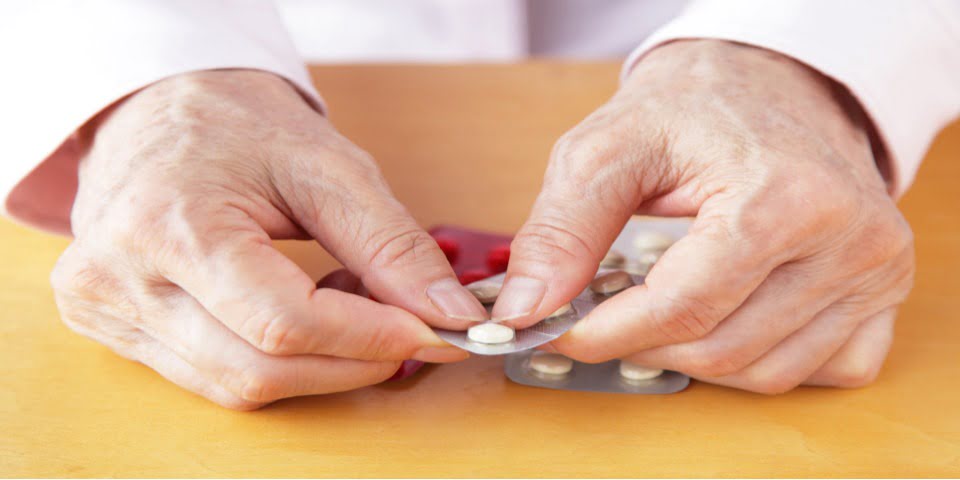Taking aspirin daily does not prolong a disability-free life or significantly reduce the risk of a first heart attack or stroke among those aged 70 or above, according to papers published in this week’s New England Journal of Medicine.
From a team of Monash University researchers in Melbourne, the papers reveal the results of a seven-year study of the benefits and risks of a low daily dose of aspirin to the lives of people older than 70.
The Aspree (Aspirin in Reducing Events in the Elderly) trial of more than 19,000 participants in Australia and the US is the largest and most comprehensive study to look at whether the many millions of older people around the world who take low-dose aspirin to preserve good health are deriving any benefit by doing so.
The study found an aspirin a day (100mg) did not prolong life free of disability, or significantly reduce the risk of a first heart attack or stroke among participants, with little difference between the placebo and aspirin groups.
According to principal investigator Professor John McNeil, head of Monash University’s Department of Epidemiology and Preventive Medicine, the results of the trial will lead to a rethinking of global guidelines relating to the use of aspirin to prevent common conditions associated with ageing.
“Despite the fact that aspirin has been around for more than 100 years, we have not known whether healthy older people should take it as a preventive measure to keep them healthy for longer,” he said. “Aspirin is the most widely used of all preventive drugs and an answer to this question is long overdue. Aspree has provided this answer.
“These findings will help inform prescribing doctors who have long been uncertain about whether to recommend aspirin to healthy patients who do not have a clear medical reason for doing so.”
Aspree also showed an increase in the number of cases of serious bleeding among the aspirin-takers (3.8 per cent) compared with the placebo group (2.8 per cent). Bleeding, a well-known side effect of aspirin, is more common in older people.
“It means millions of healthy older people around the world who are taking low-dose aspirin without a medical reason, may be doing so unnecessarily, because the study showed no overall benefit to offset the risk of bleeding,” Professor McNeil said.
He adds that all patients should follow the advice of their doctor about their daily use of aspirin, and cautions that the results do not apply to those with existing conditions such as a previous heart attack, angina or stroke, where aspirin is recommended as a valuable preventive drug.
For more information visit: www.monash.edu/medicine/sphpm/divisions/aspree-research.










